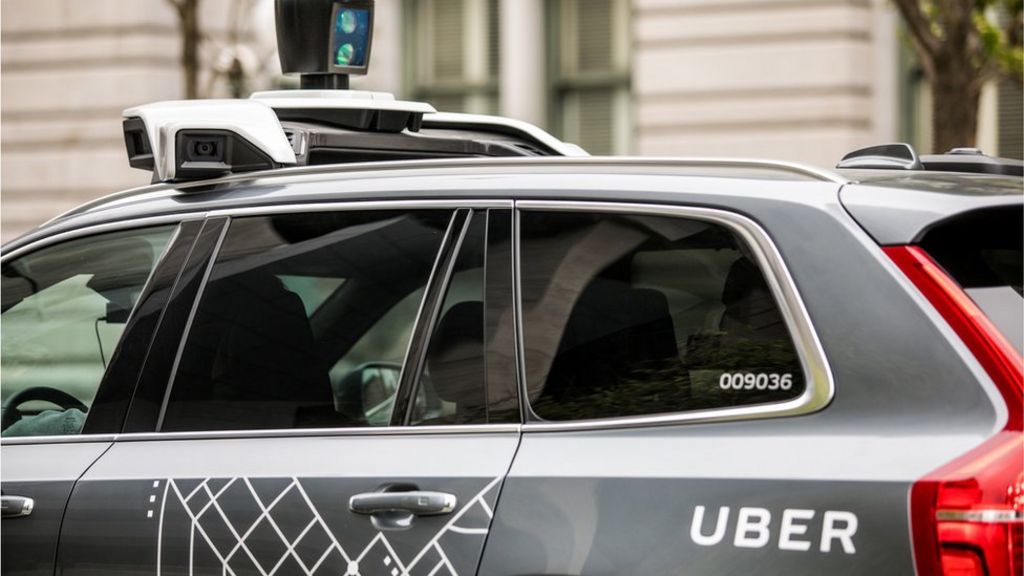Uber Accused Of 'hiring Ex-CIA Agents To Spy On Rivals'

 Image copyright
Getty Images
Image copyright
Getty Images
Uber has been accused of hiring a firm that uses former CIA agents to help it spy on rivals overseas.
A former Uber security manager alleged in court on Tuesday that the firm used contractors that employed former spies to infiltrate competitors' computers.
US federal prosecutors are now investigating the claims, which have delayed indefinitely the trial between Uber and self-driving tech firm Waymo.
Uber has been contacted by the BBC for comment.
The trial, in which Waymo - owned by Google parent Alphabet - is accusing Uber of allegedly stealing self-driving car technology trade secrets from it, was due to start next week.
Richard Jacobs, Uber's former manager of global intelligence, said in court on Tuesday that the ride-hailing app company had used an espionage team to conduct surveillance overseas on rivals, concealing their activities using devices designed to leave no digital trails.
Mr Jacobs was fired by Uber in April but the reason for his dismissal is not known.
At the heart of the lawsuit is Anthony Levandowski, a self-driving car engineer who worked for Google for almost nine years before resigning to found Otto, a self-driving truck startup.
Uber acquired Otto in August 2016.
Waymo claims that before Mr Levandowski resigned from Waymo, he downloaded 14,000 documents from the firm relating to its Lidar (light detection and ranging) technology, which enables vehicles to sense what is around them.
The self-driving tech giant filed its lawsuit in April, and in May, Uber announced that it had fired Mr Levandowski after he refused to co-operate with a federal judge's order to hand over evidence and allow his devices to be searched.
From Chip War To Cloud War: The Next Frontier In Global Tech Competition
The global chip war, characterized by intense competition among nations and corporations for supremacy in semiconductor ... Read more
The High Stakes Of Tech Regulation: Security Risks And Market Dynamics
The influence of tech giants in the global economy continues to grow, raising crucial questions about how to balance sec... Read more
The Tyranny Of Instagram Interiors: Why It's Time To Break Free From Algorithm-Driven Aesthetics
Instagram has become a dominant force in shaping interior design trends, offering a seemingly endless stream of inspirat... Read more
The Data Crunch In AI: Strategies For Sustainability
Exploring solutions to the imminent exhaustion of internet data for AI training.As the artificial intelligence (AI) indu... Read more
Google Abandons Four-Year Effort To Remove Cookies From Chrome Browser
After four years of dedicated effort, Google has decided to abandon its plan to remove third-party cookies from its Chro... Read more
LinkedIn Embraces AI And Gamification To Drive User Engagement And Revenue
In an effort to tackle slowing revenue growth and enhance user engagement, LinkedIn is turning to artificial intelligenc... Read more

